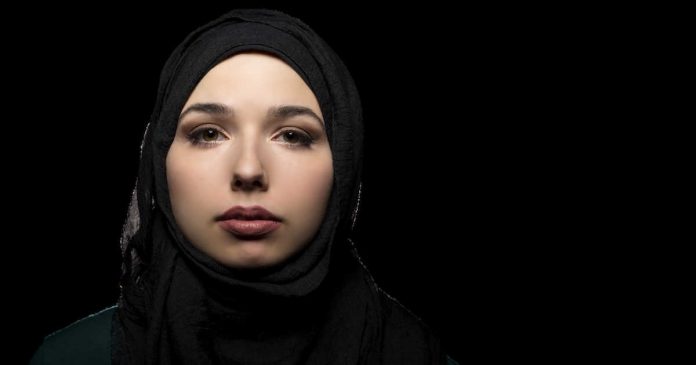Last week, Quebec’s government tabled a polarizing bill that would see religious symbols disappear in most of the public sector. Bill 21 formally bans teachers, police officers, judges and many others from wearing items like hijabs, turbans, kippas, and crucifixes in the course of their duties. It also doubles down on pre-existing legislation that requires citizens to uncover their faces when accessing public services like municipal transit and the legal system.
The proposed bill has been met with controversy and confusion. Critics condemn the bill as legalizing discrimination against religious minorities, and proponents see it as Quebec finally making good on its claims of being a secular society.
Why is this happening now?
Prohibiting religious symbols in the public sector was a Coalition Avenir Quebec (CAQ) promise during last year’s election campaign, and they’ve always intended to table it as soon as possible. Premier François Legault sees Bill 21 as a fulfilment of voters’ wishes, claiming that the “vast majority” of Quebecers support his decision.
The proposed bill arrives at a tense time for Muslims in Quebec, as Islamophobic violence rises but acknowledgement of Islamophobia is low—including from Legault, who doesn’t think it’s a problem in the province. Community organizations, civil rights groups and opposition politicians have pointed out that while the bill theoretically treats all religious symbols as equal, by far the largest pool of people affected will be non-Christian women who wear scarves or veils, giving it a distinctly xenophobic and sexist edge. And while the CAQ won in Quebec, they’re not popular in Montreal, where the majority of Quebec’s religious minority population lives.
So what’s actually going to happen?
It’s not totally clear. Any wearable religious symbol is banned, but physical attributes—like hair and tattoos—are fine.
All new workers will be affected by the law, while current workers wearing religious symbols will be allowed to keep wearing them, but they’ll lose those protections if they get promoted or change jobs. Some institutions, including several school boards and municipal governments, have declared that they won’t be enforcing the ban if it goes into effect. The CAQ has said there will be “consequences” for this; it’s not evident what those might be.













